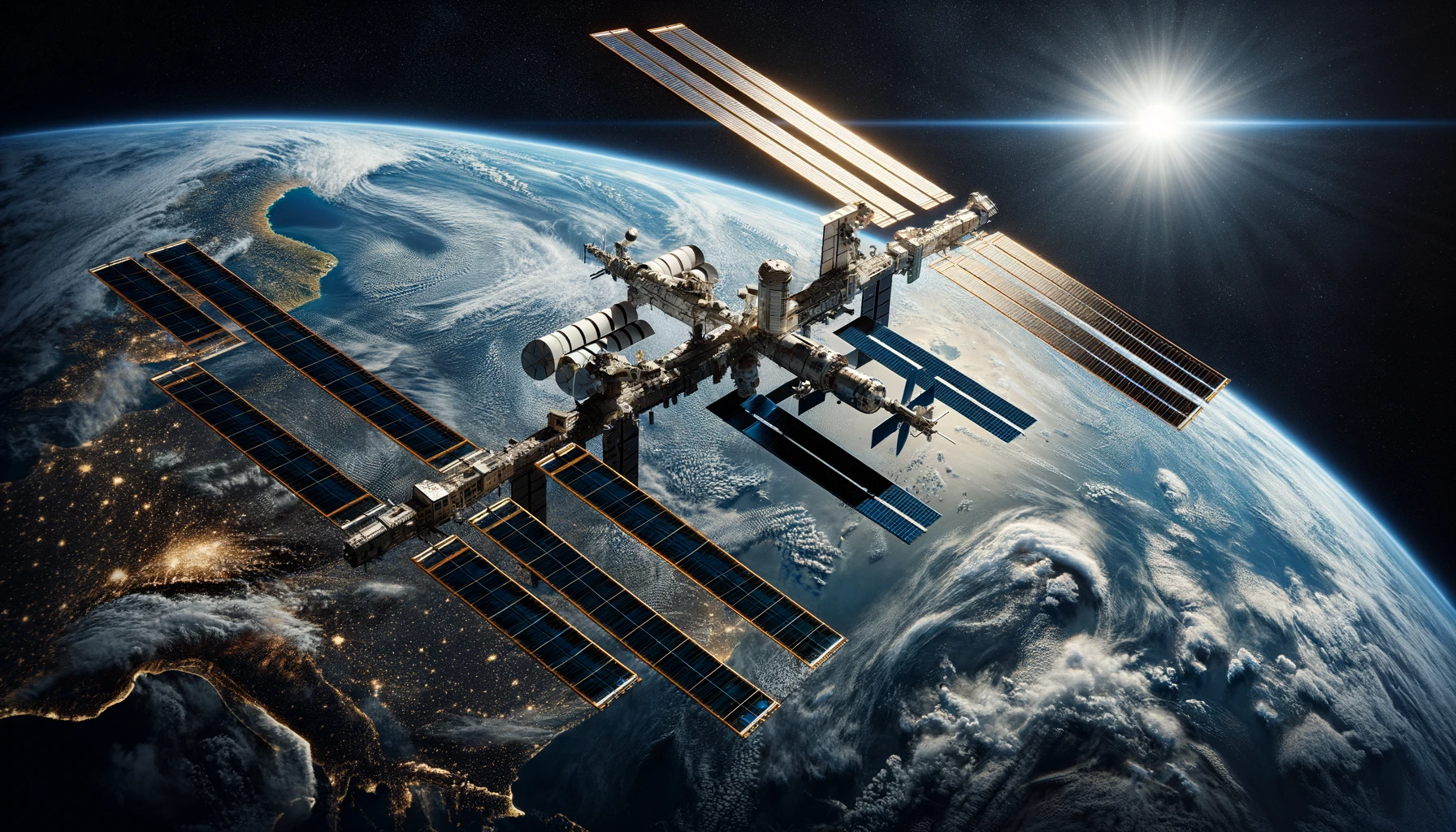In a proactive measure towards enhancing our understanding of Earth’s ecosystems, NASA has scheduled a media briefing to discuss the latest advancements and upcoming initiatives in its Earth Science Division. Set to occur just before Earth Day, this event will not only share findings from the PACE satellite but also announce new airborne missions aimed at observing Earth’s climate more comprehensively.
The briefing is an opportunity for NASA to exhibit how integrative satellite missions like PACE (Plankton, Aerosol, Cloud, ocean Ecosystem) have started providing valuable data that could drive future climate research and policy-making. This initiative is part of a broader NASA commitment to studying and protecting our planet, by closely monitoring its oceans and atmosphere to better predict and mitigate ecological changes.
Event Details and Participation
Scheduled for April 19 at NASA’s headquarters, the event will be accessible live across multiple platforms including NASA Television and the agency’s official website. Interested media representatives are invited to attend in person or join via teleconference, ensuring widespread dissemination of the information shared. Key speakers include NASA Administrator Bill Nelson and several division heads, underlining the briefing’s significance within the agency’s agenda.
Earth Day Celebrations and Public Engagement
In conjunction with the media briefing, NASA invites the public to participate in its Earth Day celebration themed “Water Touches Everything”. The event promises a series of engaging activities designed to educate and inspire action towards environmental sustainability. These activities underscore NASA’s dedication to public outreach and education regarding Earth’s complex ecological networks.
Complementary Reports in Environmental Science
A review of related articles, such as “Climate Change and Its Impacts on Oceanic Life” from Environmental News Network and “Advancements in Satellite Technology for Environmental Monitoring” from Global Science Review, confirms a growing scientific consensus on the importance of continuous monitoring and research in providing actionable insights into climate change and its effects on different ecosystems. These insights complement NASA’s ongoing projects and the upcoming briefing, highlighting the global nature of environmental science efforts.
Useful Information
- The briefing will be broadcast live on multiple platforms, ensuring accessibility.
- Public engagement activities are scheduled around Earth Day, aiming to educate on ecological interconnectivity.
- PACE satellite data contributes to broader climate research, aiding in future policy-making.
The upcoming NASA briefing is not just a dissemination of new scientific data but a reaffirmation of the agency’s strategic commitment to Earth sciences. It highlights the critical role of advanced satellite missions like PACE in our ongoing effort to understand and protect our planet. As these missions continue to provide data, they offer invaluable insights for both scientists and policy-makers, aiming to foster a sustainable interaction with our environment. The interconnectedness of Earth’s systems, as underlined in the NASA events, calls for integrated approaches to climate science and public awareness that could pave the way for informed environmental stewardship.










